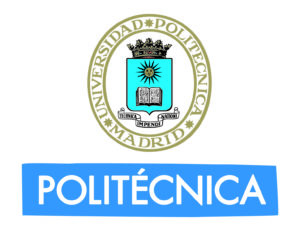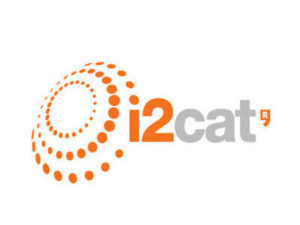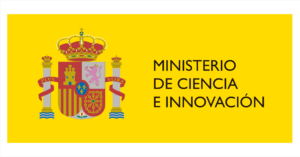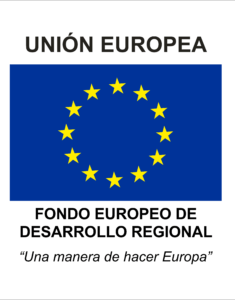
Keep up to date with our innovative initiatives.
Sign up here
Started at: 01-12-2022
Ends on: 30-01-2024
Budget: € 138.000
Areas: Media Internet Area (MIA) and Distributed Artificial Intelligence (DAI)
Multi-party holo-portation or holo-conferencing is expected to become one of the most promising, yet challenging, next-generation media services in the upcoming years. REVOLUTION will provide disrupting and worldwide leading technology to enable real-time volumetric communications between remote users using photo-realistic holographic representations of themselves, both via Free Viewpoint Video (FVV) and Point Cloud formats.
The i2CAT subproject within REVOLUTION will significantly evolve an own developed worldwide pioneering technology to enable multi-party holo-portation via volumetric and realistic representations of users. On the one hand, the project will explore and integrate novel Artificial Intelligence (AI) based techniques and strategies to optimize the processing of volumetric video (e.g., capturing, reconstruction, encoding) and provide higher realism and more human-centric video communication services. On the other hand, the associated holo-portation technology will be improved in terms of real-time performance (frame rate, resolution, latency), for its modularization and deployment in heterogeneous/smart network scenarios and for the integration of other users’ representation formats, like via Free Viewpoint Video (FVV) technology or conventional 2D video cameras, thus increasing the accessibility, interoperability and reach of the envisioned services.
The envisioned technological contributions will be selected via user-centric activities, will be backward-compatible with current Virtual Reality (VR) platforms and off-the-shelf equipment, as well as will be based on standards-compliant extensions to current technologies, protocols and formats. Likewise, these contributions will be provided as modular software components and APIs to be potentially adopted in other multi-party (Social) VR scenarios. Both individual and global projects contributions will be objectively and subjectively evaluated and demonstrated in at least two relevant use cases, like tourism/culture (e.g., cultural heritage from the past) and collaborative education/training, although their applicability spans other key sectors and scenarios of the current and future society.
REVOLUTION will provide outstanding technological contributions in different research scopes:
– Photo-realistic holo-portation with volumetric representations
– Multi-party immersive communications
– Multi-modal Virtual Reality (VR) and interaction
– Shared media experiences for natural interaction and productive collaboration.
The contributions from the project will be provided as individual components, modules and algorithms, but most interestingly, as a full-fledged and modular suite to boost the adoption of real-time multiparty holo-portation, or Social VR, services in a variety of use cases and scenarios, maximizing sustainability, accessibility, usability, effectiveness and productivity. These contributions will be backward-compatible with current VR frameworks and equipment, as well as based on standards-compliant extensions to current technologies, protocols and formats which will increase the chances of successful deployment and adoption, avoiding interoperability issues, but also the ability to incorporate new functionalities and other alternative components, even by third-party agents, thus increasing the exploitation impact. The project will also investigate the applicability of the provided technology to maximize its impact and benefits in society.
Finally, the expected scientific-technical outcomes from REVOLUTION are strongly aligned with the societal challenges of the national research plan, and with both Horizon Europe and Smart Network Services (SNS) Work Programs (WPs), potentially increasing the competitiveness of various sectors, like Creative Industries, education, culture, tourism and telecommunications in general. The project will contribute with high-impact journal and conference publications, standard-compliant technological solutions (to be proposed for standardization, or at least published as White Papers), open-source software, open-science datasets, and ideally with exploitable results in terms of patents, licenses, or even generation of spin-offs.






Grant TED2021-131690B-C32 funded by MCIN/AEI/ 10.13039/501100011033 and by the “European Union NextGenerationEU/PRTR